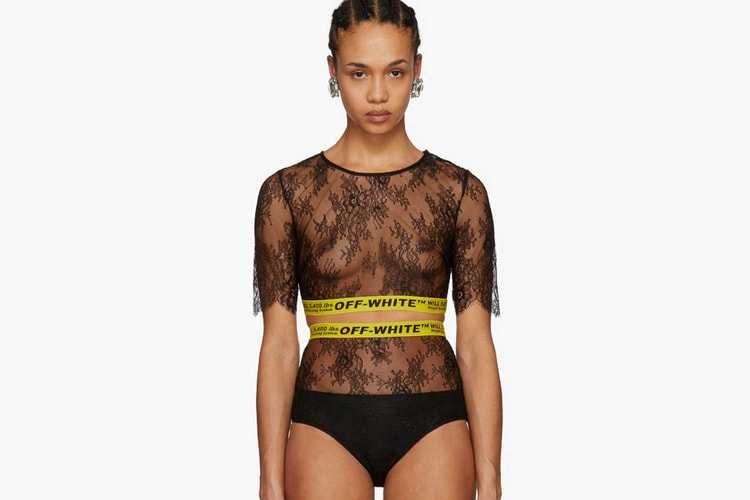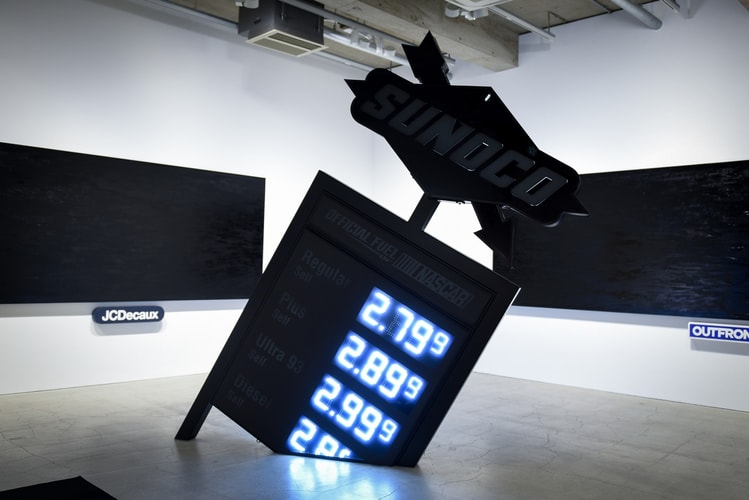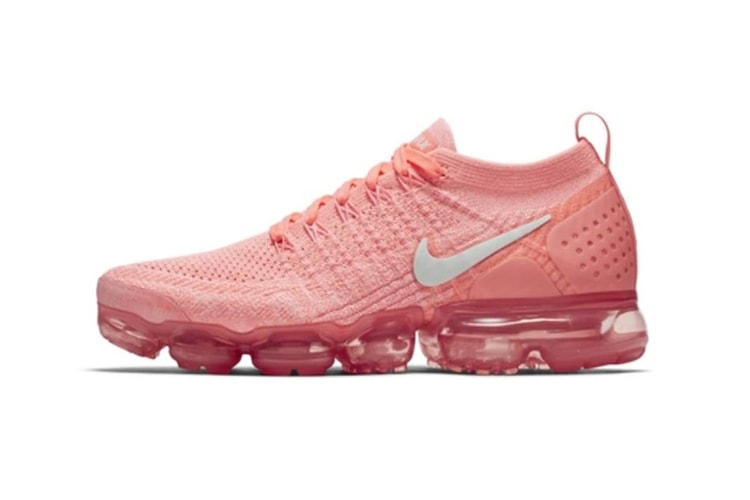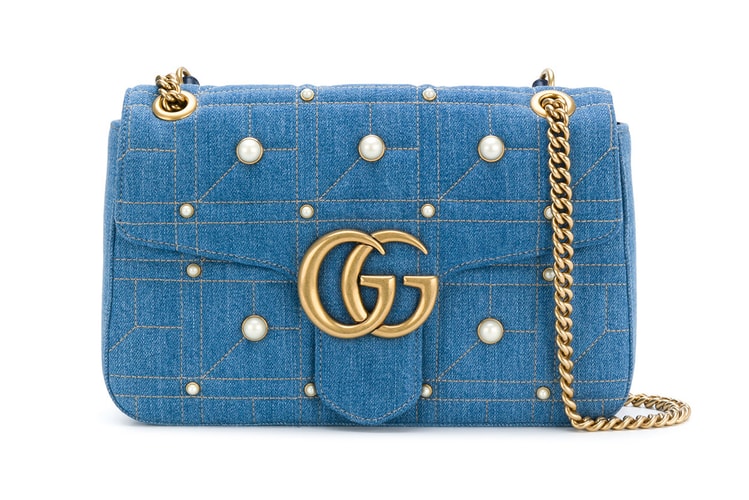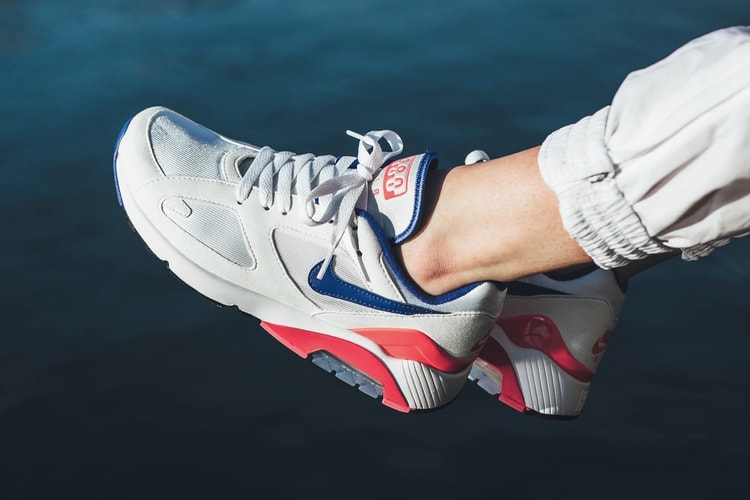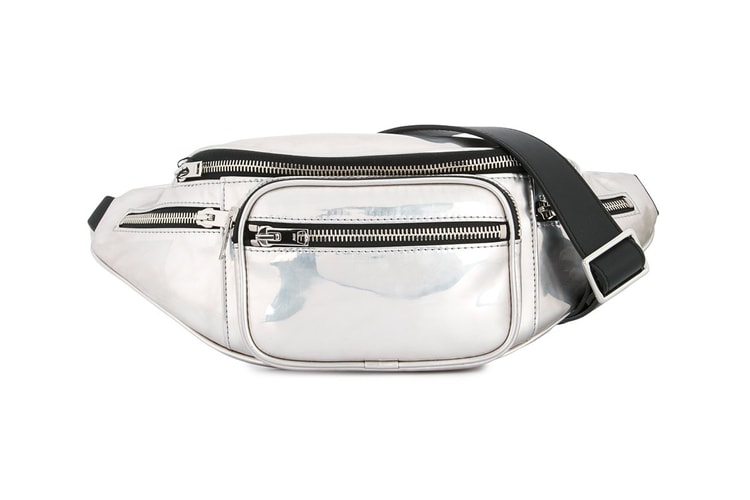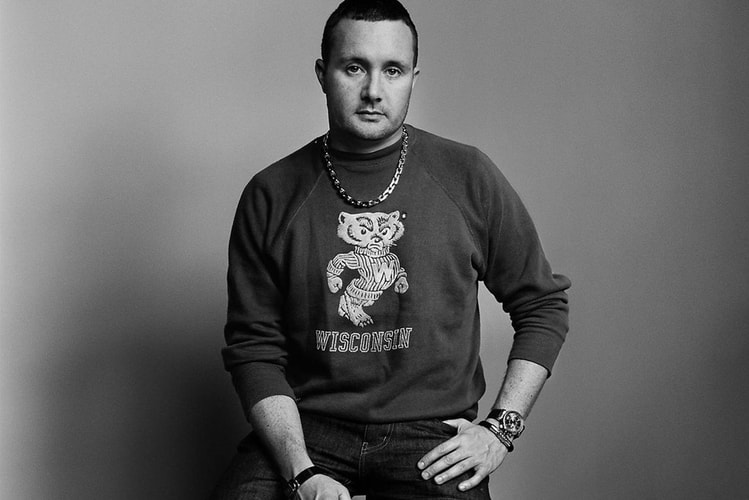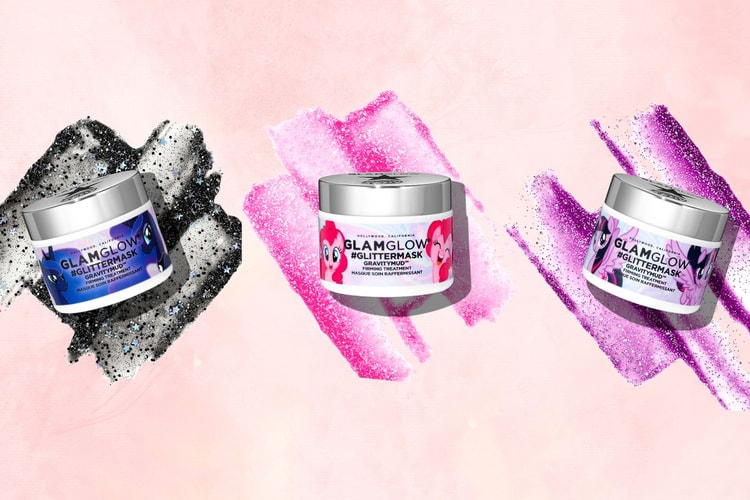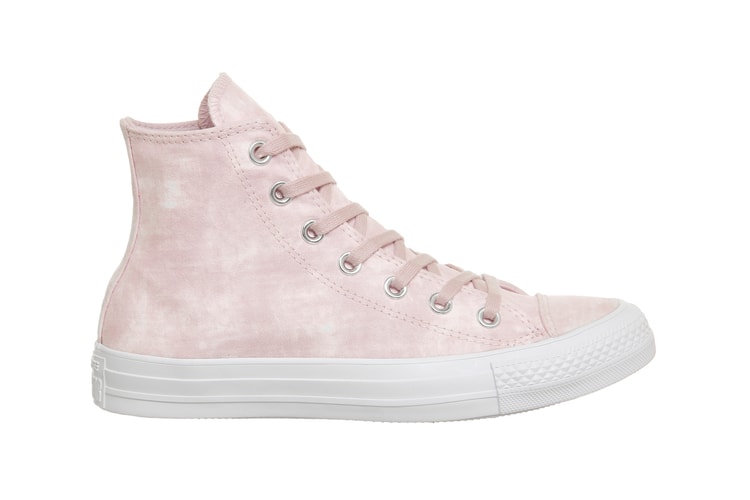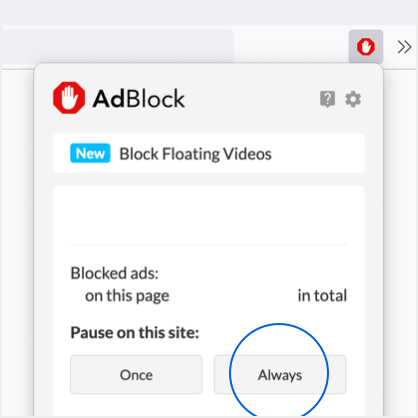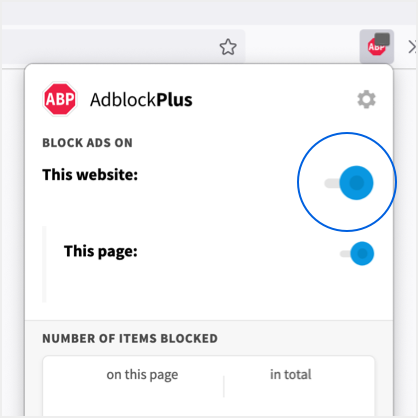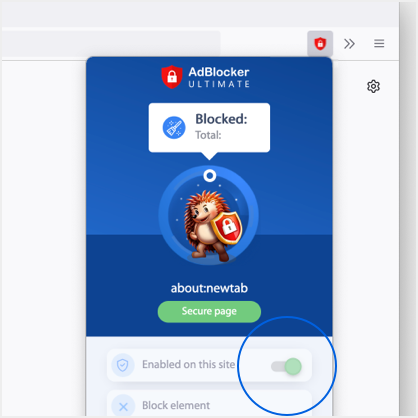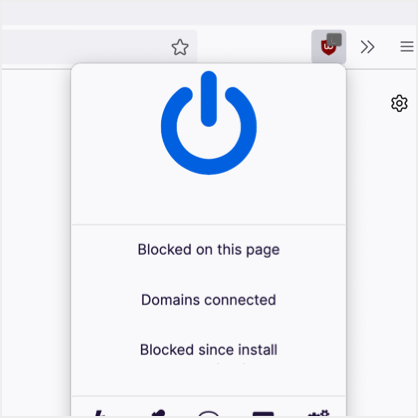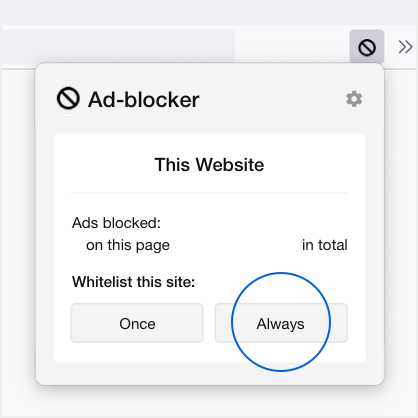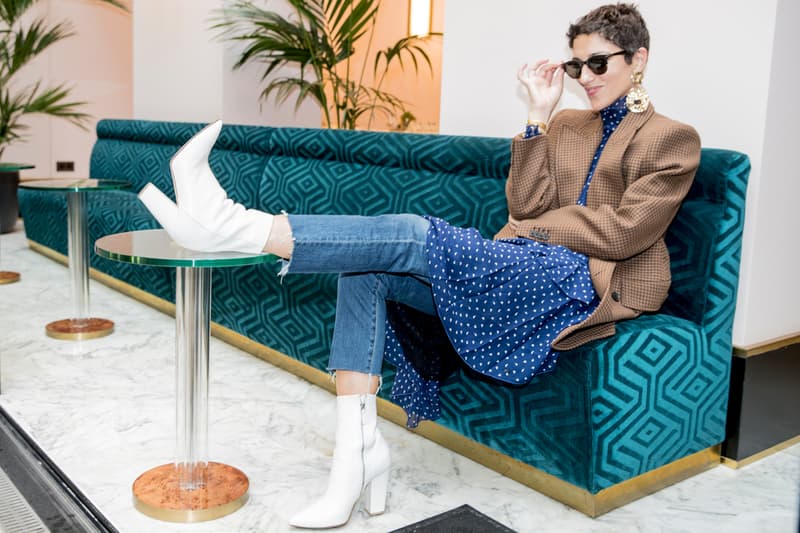
Farfetch's Candice Fragis and Yasmin Sewell Shed Light on How They Carved out Their Career Paths
Kicking off our “What originally attracted you to Farfetch” series.
Fashion is notoriously known for being an overly competitive industry paired with endless internships, freelance gigs and loads of anxiety. Along one’s journey, it’s helpful to gain insight from those who have been putting in the work for years. In our newest interview series “What originally attracted you to Farfetch,” we’ll be highlighting admirable industry titans and how they creatively carved their own path.
Farfetch, the luxury online marketplace founded in 2007 by Portuguese entrepreneur José Neves has currently been dominating the e-commerce space. In 2016 alone the company saw $209.9 million USD in revenue, which was a 74 percent increase over the previous year according to CNBC. Combined together, the retail platform and app connect shoppers to 880 brands and boutiques internationally. If you’re familiar with the site, you know too well how it seamlessly makes shopping online easier by categorizing pieces by brand and item.
For our first feature, we’ve tapped Farfetch Buying & Merchandising Director, Candice Fragis and the e-commerce site’s Vice President of Style & Creative, Yasmin Sewell. The nostalgia is real Browns. On a daily basis, she oversees boutiques in over 40 different countries. She describes her journey as topsy, turvy rather than linear. Without a doubt, Sewell is one of the most known names in fashion right now. Along Sewell’s career journey she has held creative posts which include consultant at countless luxury fashion houses and fashion director at a now-shuttered digital publication.
Read our roundtable-style interview for plenty of career inspiration below.
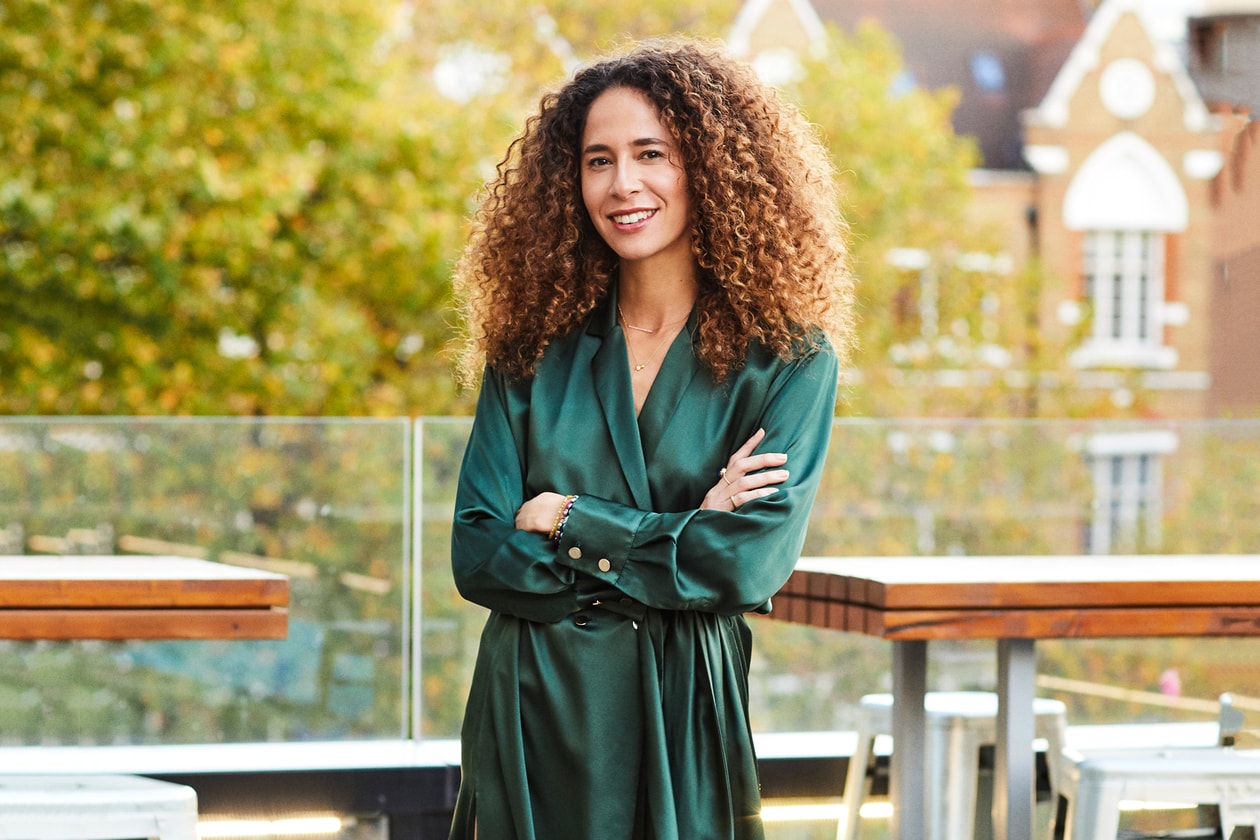
Farfetch
If you can think back to your adolescence, did you have any defining moments when you realized you’d like to pursue a career in fashion?
CF: My primary influences have always been my mother and both grandmothers — one was a dressmaker and the other loved knitting and fashion generally. Living in South Africa in the ’80s, options were thin. My mother would source fabrics from the markets and dream up outfits for my sister and I so that no one would have the same. She would then hand them on to friends after a couple of wears, which always devastated me. I am now a hoarder in rebellion.
YS: I know exactly when — I was 18 and I was working in a real estate company on the admin side, completely aware that I didn’t want to wear a suit or have to tie my hair back and that I wanted to be in fashion. I’ve always loved it. As a kid, clothes were a big thing for me, but I never put two and two together that I could actually work in that space. The brainwave came at 18.
How would you explain your career trajectory, was it straight and narrow or more experimental and eccentric?
CF: Experimental — I’ve jumped at opportunities and moved sideways to get ahead, rather than going through the traditional ranks. I’ve crossed over functions and have convinced people that a dynamic skill set was as worthy as a traditional one which was often quite challenging. In the long term, the diversity served me well.
YS: I worked hard as an intern, tried loads of things in all parts of the industry. I was a good worker with a good attitude which goes pretty far. I then decided to open up my own business at 21. It was a boutique that was purely created out of passion and instinct — not of common sense but that can get you pretty far too I believe — and I just went from there. I’ve worked with many great companies, maybe 40 or more, often as a consultant. That gives me good perspective on the industry as a whole.
Download Our App?
CF: Being part of Natalie Massenet’s founding team and working with Stephanie Phair to launch The Outnet.
YS: Looking back 20 years, I would say opening my shop Yasmin Cho in 1999; landing my role as Buying Director for Browns in 2006, where I got to launch many of the greatest brands of today and my role as Chief Creative Consultant at Liberty London. Oh…and making two babies.
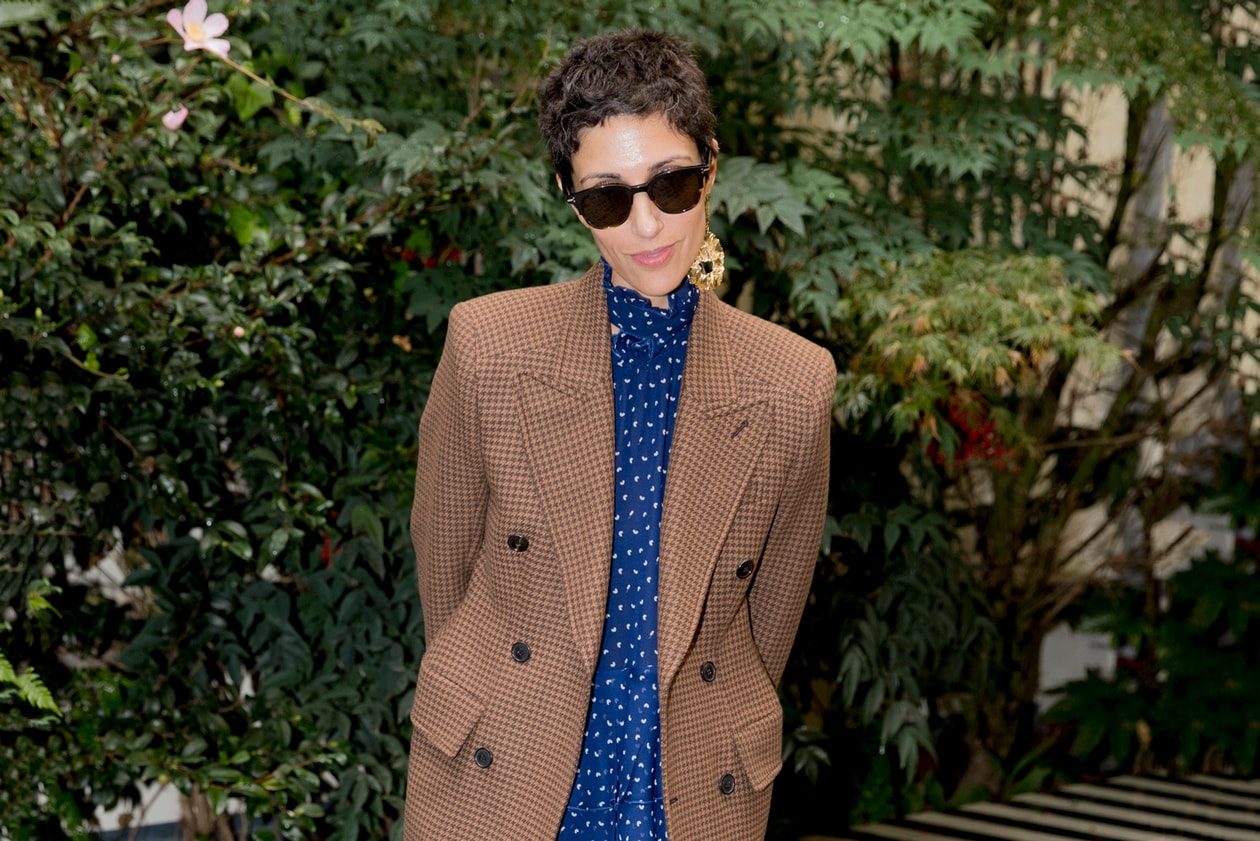
Kevin Tachman
Learn more about our?
CF: They have always had a love affair, it’s the definition that evolves. Streetwear for me is a reflection of a subculture that is embedded in comfort, movement, expression and music. It transcends baggy track pants and chunky trainers. It’s hip hop, reggae, sport, surf, skateboarding, cycling and it goes on.
YS: For many years, and the love will continue.
What originally attracted you to Farfetch?
CF: The focus on innovation, bridging the gap between the past and the future and the inclusivity of connecting global retailers and brands with an international customer base.
YS: I adore José Neves, the founder and CEO of Farfetch. He’s been a friend for many years and I was lucky enough to be offered what is probably my greatest role at the most exciting time for the business. I’m deeply grateful for that and to him.
With the rise of e-commerce over the years, what would you say is the most important aspect of your current position?
CF: The responsibility of discovering new brands and exposing them to the world. It sounds like a dream, and it can be, but it is also very challenging for brands that are not ready to deliver on this scale.
YS: Understanding how the customer is coming to us and why. My role now is to give us clear direction, push our fashion vision and ultimately give the customer somewhere to go for inspiration rather than straight to the product page to checkout.
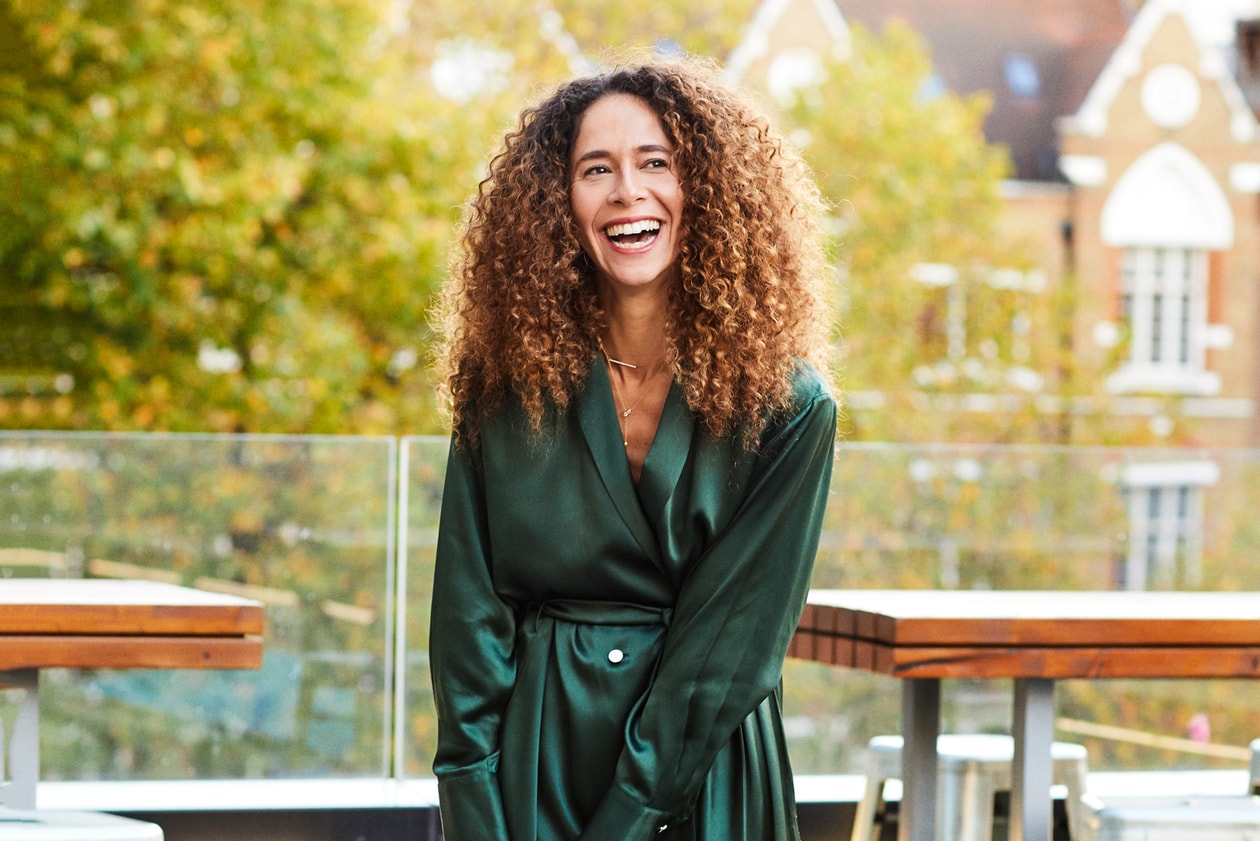
Farfetch
Have you ever experienced a defeating moment early on in your career? How did you learn from this moment?
CF: A few! The first was when I chose to leave PR, assuming a move towards buying would be a relatively smooth “doors open” transition. It wasn’t. Eventually, and with luck, Mr. and Mrs. Burstein at Browns gave me the greatest opportunity to train as a buyer which meant working on the shop floor. It was a hard lesson for my ego and my patience but the most impactful on my career. There is no better experience than listening to, serving and ultimately getting to know the customer.
YS: The Creative Come Up.
What has been the most significant piece of advice you’ve ever received?
CF: Be kind to people, it’s a small world and you never know where your paths will cross. Caroline Burstein-Collis taught me to try to see every collection and give people time. Those few minutes can lead to a unique discovery and an amazing opportunity for both you as a buyer and that brand. It is one of the most satisfying and humbling feelings to be part of the start of someone else’s success.
YS: My grandmother always used to say: “slow and steady wins the race.” I think the reason I love it so much is because I know it’s true but I’m so impatient, it’s my greatest personal struggle.
Do you believe that creative individuals should rely on their passions to guide them in terms of career opportunities?
CF: Absolutely! People buy into that passion and it’s that behavior which becomes infectious and inspires everyone else around you. As a buyer, an emotional reaction leads first and the rationale and science comes second.
YS: 100 percent yes and I love this question. I believe creative people should be lead purely by heart not head, this is when greatness happens.
Be kind to people, it’s a small world and you never know where your paths will cross.
Which aspect of your career has been the most rewarding and fulfilling? Seeing your projects come to life or the day-to-day grind?
CF: Seeing projects come to life, hands down. The day to day grind is what it says on the box, regardless of industry. But creating a concept, executing it and seeing the results makes everything worthwhile.
YS: It’s probably now, in my role at Farfetch. I’m building an amazing team, and they’re happy which is the best thing ever! We know where we are going and have a ton to do. I’ve just gotta keep hearing my grandmother’s words


